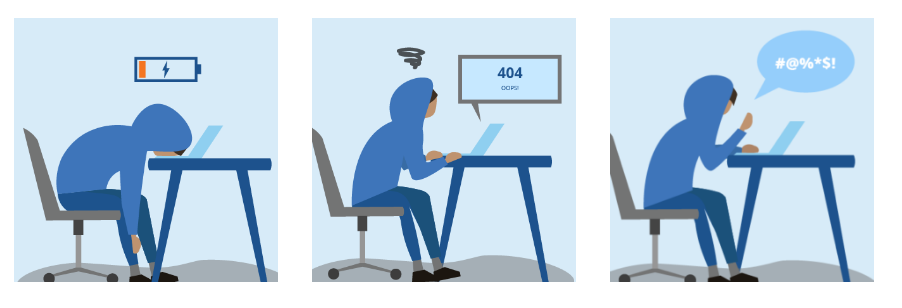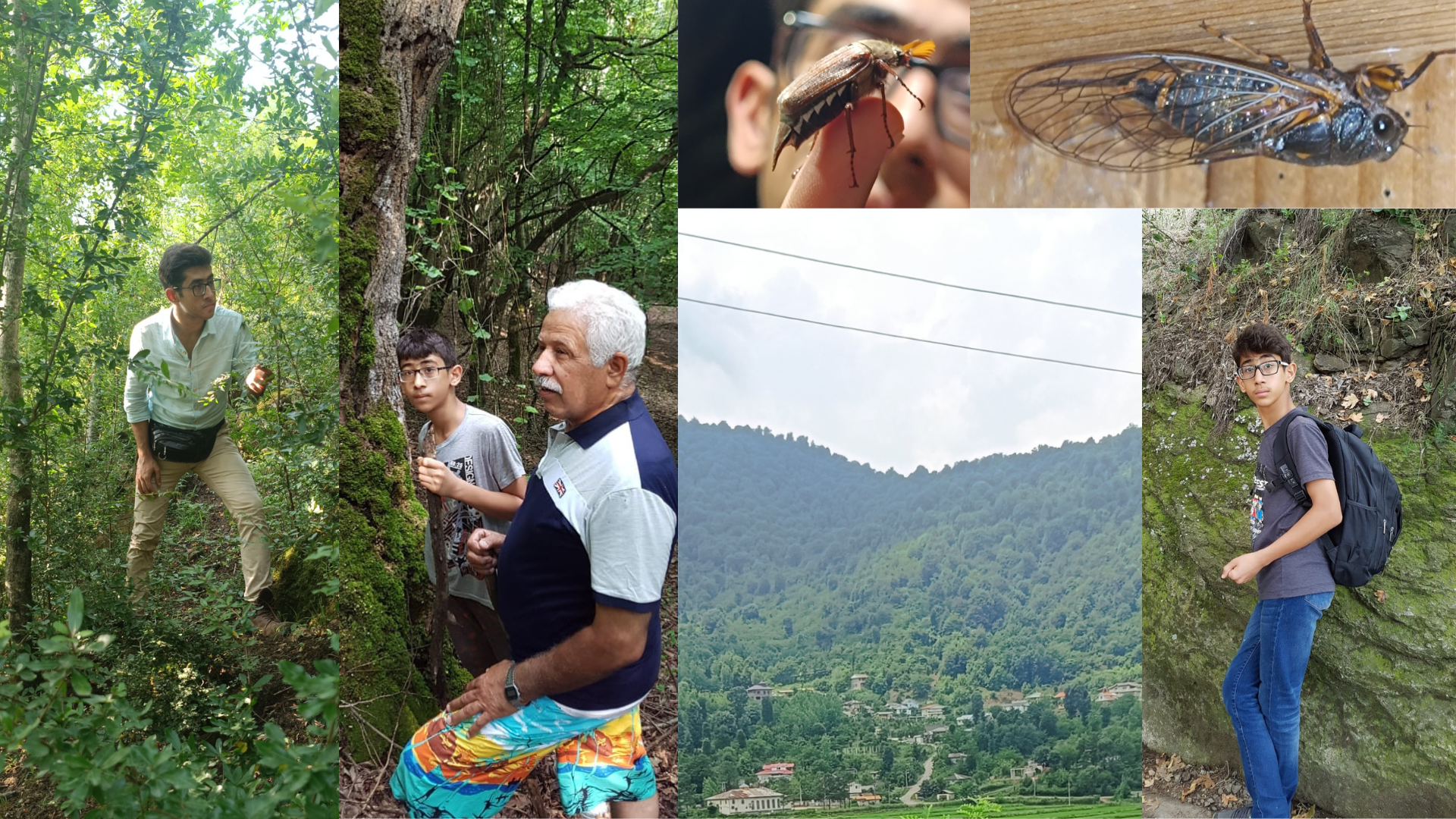You’re sixteen. Maybe fifteen. Maybe fourteen.
You open Instagram and scroll past a student your age with a perfect GPA, multiple leadership roles, and a nonprofit. Another has just announced their early acceptance to Stanford. Someone else is running a startup and sharing daily study content that looks effortless. You sit at your desk, homework unfinished, wondering if you’ve already fallen behind.
This is hustle culture. It’s embedded in your feed, your school environment, and your internal dialogue. It tells you that you should be doing more. That your value depends on how much you accomplish. That slowing down means failure.
The Hustle Culture Pipeline
Hustle culture teaches you that your worth depends on how much you achieve. If you are not producing, you are falling behind. Social media strengthens this idea. Success becomes something you have to show instead of something you feel. The “model student” is no longer a person but an image. If you do not post your wins, it can feel like they never happened.
For many young people, especially youth of color, this pressure is heavy. You are told you must be exceptional to be accepted. So you work harder, polish your image, and act like you are okay—when really you just need some sleep. The result is anxiety and a loss of connection to who you are outside of achievement.
College Admissions and the “Do or Die” Mentality
The college admissions process has evolved into a battle royale arena that many students experience as emotionally destabilizing. For some, navigating this process, particularly if you aspire to attend elite institutions, the pressure to perform can feel… existential. The belief that your future weighs entirely on acceptance into a top-tier university is often internalized at an early age.
This mindset is not simply a product of ambition. You are barraged with announcements of prestigious acceptances, scholarship awards, and résumé highlights. Yet, these posts rarely include the full story: the losses and uncertainty are usually hidden. As a result, you may develop a distorted perception of what “success” is and how to achieve it.
The emotional consequences are significant. You may begin to equate your self-worth with institutional validation. An Ivy League rejection feels like failure, not redirection.
Moreover, the emphasis on prestige often overshadows the actual purpose of higher education. The actual learning becomes secondary to branding. Intellectual curiosity is replaced by strategic framing. You might select extracurriculars not based on interest, but on perceived admissions value.
The Optimization of Everyday Life
Hustle culture seeps into your everyday life. It changes how you use your time, how you interact with others, and how you see yourself. The pressure is to stay productive all the time, not just in structured settings.
You may feel you have to turn hobbies into side projects. For example, if you like to crochet in your free time, it can feel like you should turn your hobby into a “passion project” like starting a nonprofit that sends crocheted mittens and hats to the homeless. Would this be an amazing initiative? Of course. Would you be doing good for your community? Yes. But it shouldn’t feel like an obligation—it should be something you do out of your own compassion.
Commonly, if an activity doesn’t help build a résumé, it’s seen as wasted time.
Over time, this takes a toll. You might find you no longer enjoy things that used to make you happy. You may find it hard to connect with others without thinking about status or influence. You might feel guilty when you rest, even when you need it. Slowly, this weakens your ability to feel grounded and build meaningful relationships.
Burnout
Burnout is a growing issue among students. It often develops gradually and can be difficult to recognize. You might experience fatigue and lose interest in activities you once enjoyed. You may struggle to concentrate or feel disconnected from your surroundings. These shifts reflect emotional strain that builds over time.
According to the CDC’s Youth Risk Behavior Survey, nearly 40% of high school students report persistent feelings of sadness or hopelessness. These numbers reflect a deeper issue: the myth that constant productivity leads to success.
Screen time adds another layer. A CDC study on screen use found that teens with high non-school screen time are more likely to experience anxiety, depression, and sleep issues. Social media amplifies hustle culture, making it harder to disconnect.
You may continue working without rest because you believe constant productivity is necessary for success. This belief can lead to emotional exhaustion and physical health problems. Burnout is not caused by a lack of effort—it reflects a system that places unrealistic demands on you.
Redefining Rest
You are expected to stay “on” at all times. For many, rest feels like a system error—something that interrupts progress rather than supports it.
But rest is not a glitch. It is a necessary function. Without it, the system overheats.
To redefine rest, you must change how you view it. Rest is not a reward for productivity. It is part of the process. It allows you to reset, reflect, and return with clarity. It supports creativity, emotional health, and long-term impact.
Digital platforms can help. Headstream’s youth-centered design promotes online spaces that prioritize care and connection. These tools support you without demanding constant output. They offer a model for what rest can look like in a digital world.
Rest is not doing nothing. It is stepping away to preserve energy, which involves closing tabs and logging off.
To support your mental health, rest must be protected. Schools, families, and communities must recognize its value. Hustle culture cannot be the “normal.” The goal is not to shut down—it is to reboot with intention. You are not a machine, but even machines need to cool down.






Comments